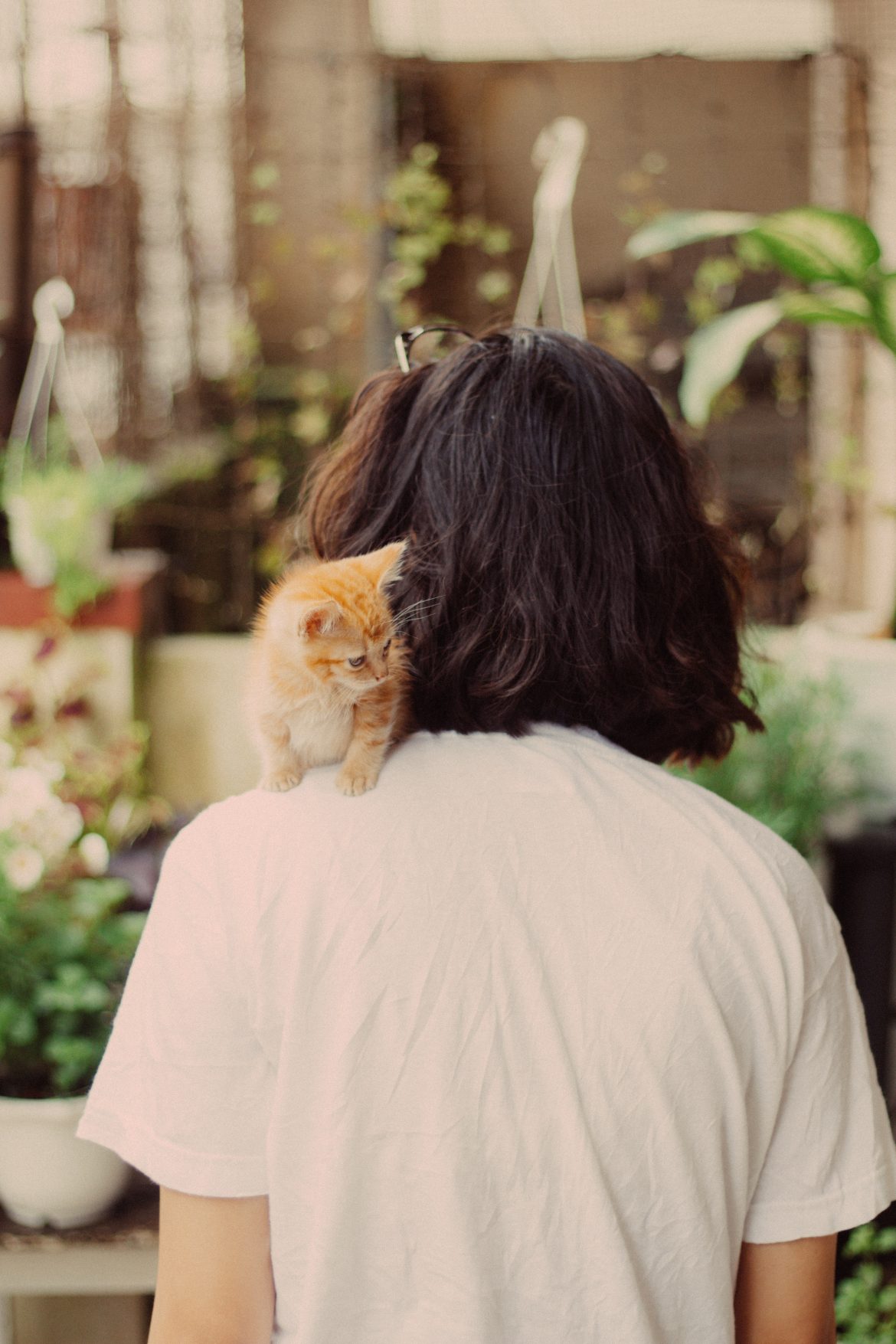Many of us can’t imagine life without a pet, whether they are furry, scaly, or feathered. But adding an animal member to our family is a huge commitment that should not be taken lightly. Here’s what you should consider before welcoming your first (second or third) pet to your family.
Is a pet compatible with my lifestyle?
Are you planning on bringing a new furkid into a space that already has children and/or other pets? If so, be sure to consider the breed, size, personality and energy level of the pet you’re interested in to ensure it will be a good fit for your lifestyle and living arrangements. Do the necessary research to find the breed that will be best for you and your family.
ALSO SEE: Are stiff joints affecting your pet this winter?
If you already have a veterinarian, ask them for their advice in making this decision too. Also consider visiting animal shelters and spending time with potential pets to get a feel for their personalities and energy levels. Where possible, choose to adopt a pet rather than shop for one. However, if you are choosing a pure breed, make sure you are dealing with a reputable breeder.
You will also need to take the amount of space that you have at home into consideration when thinking about which pet you would like to give a forever home to. While cats generally require a lot less space, the amount of space that a dog needs depends on their breed (size, energy levels, etc).

Pexels
This is super-important because while some dogs do well in smaller spaces, inside and out, and may be a bit less energetic than others like bulldogs who have gotten quite the reputation for being extremely laid-back. Others will require a lot more space to run and play, especially outdoors.
Speaking of the outdoors, you will also need to ensure that your property is pet-proof. Before bringing your furry friend home, make sure that you have no broken fencing, that all gates leading off your property lock properly and that your property’s boundary walls in the areas that you will allow your dog into are a decent height that they are unable to scale.
If you have a garden, ensure that it is pet-friendly with no plants that may be toxic to your curious pets. If you have an established garden with plants that are in fact toxic to cats and dogs, try your best to prevent your pets from being able to enter this area.
ALSO SEE: How to keep your pets warm when it’s snowing out
Can I prove for a pet adequately?
Owning a pet can be expensive, including costs for food, toys, grooming supplies, beds, kennels and medical expenses. Some of these costs, like food, will need to be added to your monthly budget, so be sure that it is something that you can afford. You will also need to budget for regular veterinary visits and proactive treatments such as a regular tick and flea regime to circumvent problems down the line. It is also a good idea to take out pet insurance and to have a rainy-day fund for unexpected expenses.
Paying for training for your pet is also a good investment and something that should be considered.

Pexels
Do I have the time?
Owning a pet requires a significant time commitment, so considering your daily schedule and activities is crucial. Pets need daily attention, including feeding, grooming and exercise, as well as emotional support. Make sure you have the time to devote to your pet and that your schedule allows for the necessary attention and care.
If you’re frequently travelling or have a demanding schedule, a pet may not be a good fit, unless you want your furry friends to travel with you. There are many holiday venues that accommodate pets, so do your homework and check if your new companion can be involved in your day-to-day life both at home and away.
ALSO SEE:
Feature Image: Pexels

